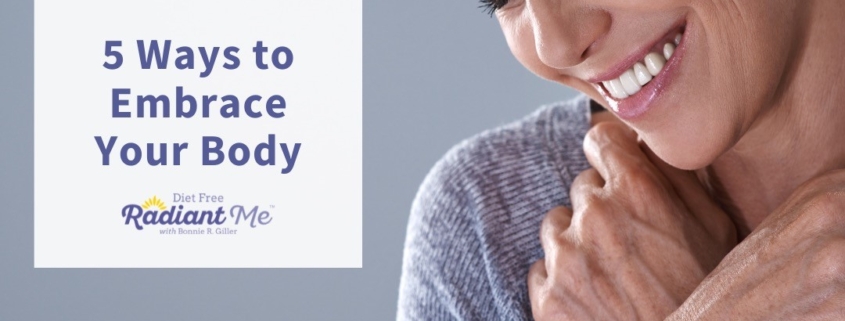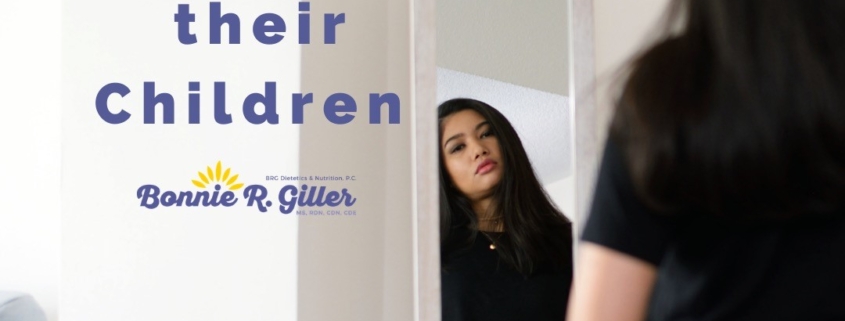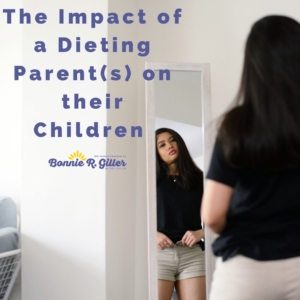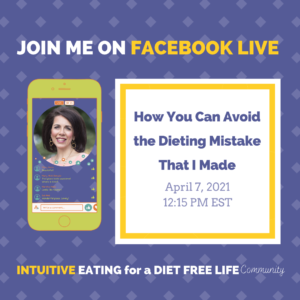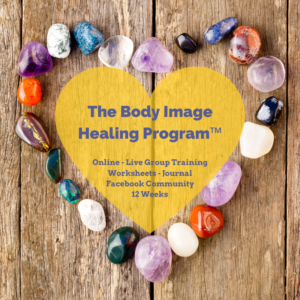5 Ways to Embrace Your Body
 We have all been in the position where we’re standing in front of the closet, and although we see numerous clothes, there is nothing that looks appealing. So, you reach in and grab the closest item and just throw it on. Then you realize that outfit doesn’t look good, and the next thing you know you have tried on almost everything in your closet before reluctantly settling on something.
We have all been in the position where we’re standing in front of the closet, and although we see numerous clothes, there is nothing that looks appealing. So, you reach in and grab the closest item and just throw it on. Then you realize that outfit doesn’t look good, and the next thing you know you have tried on almost everything in your closet before reluctantly settling on something.
When you are uncomfortable with how you look, it is often hard to find clothes that you feel empowered in. Body acceptance is not an easy journey for most people. Even for those who do feel comfortable in their skin, often there will be days when they will go back and forth between how they feel about themselves.
How often do you look in the mirror and find yourself criticizing how you look?
“If I could just lose ten more pounds, then I would definitely be happier!”
This is not uncommon! In fact, several studies have found that 86% of all women are dissatisfied with their bodies and wish to lose weight to “feel better/happier about themselves.”
The Reasons for Body Dissatisfaction
- Bullying and teasing
- Childhood traumas
- The social media culture—Instagram, Facebook, Tik Tok, etc.
- Other forms of media—magazines, television, computer ads, etc.
- The culture we live in which is rooted in dieting and weight controlling behaviors to manipulate our bodies to appear a certain way.
In today’s society, many people use size and weight as a definitive element of their identity, personality, and a way of defining their self-worth.
For example:
- Not purchasing a pair of jeans because they don’t fit in the small size that you want
- Saying no to a social event because you don’t fit into a certain dress or don’t feel good in your here-and-now body.
- Using the scale as a way to determine your mood for the day
Loving your body and appreciating it takes time. No amount of exercise or dieting will help you achieve that goal. Only when you change your mindset can you truly feel comfortable with yourself.
There are some steps that you can take to help learn to love the body that you have.
Here Are 5 Ways to Embrace Your Body
1. Acknowledge the Work it’s doing
Your body has gotten you to the place that you are at today. Through many years of labor and hard work, you have survived and that’s all because of your body. It has even taken you through a pandemic! When you are feeling down on yourself, just try to remember all the wonderful things your body has accomplished thus far.
2. Say No to Negative Talk
When you feel yourself about to say or think something mean about yourself, rephrase your thoughts. Instead of focusing on all the negative, think about the positives instead. This also goes for what other people are saying about their bodies or yours.
Prioritizing your self-care can help with your perspective and self-talk.
3. Incorporate Joyful Movement
This does not mean exercise for weight loss, instead, move your body to help you feel good. Find a movement you enjoy and do it. Exercise releases endorphins, which can elevate your mood and help you see things in a positive light.
4. Create a more body positive newsfeed.
Start by doing a deep cleanse of your social media accounts, then fill it with all different body shapes, sizes and colors!
Remember: thin bodies are not the only bodies out there. Filling your newsfeed with all shapes, sizes, and colors will help change your perception of what is “normal” and allow you to learn to accept and love all bodies (even your own!)
Once you’ve rid your social media of all things “perfect” and “unrealistic” watch your “standard of beauty” will quickly change!
5.Embrace Intuitive Eating
Say no to dieting and all the empty promises. Understand the underlying reasons why you turn to food for reasons other than hunger, why you eat mindlessly, and commit to taking a different approach to eat. Commit to learning to become an Intuitive Eater, learning to identify gentle hunger and comfortable fullness as your guide to starting and stopping a meal. Learn to cope with your emotions with kindness and not food.
Don’t wait to find the love your body deserves, try to embrace the wonderfulness of you now!
Need support? Contact me to set up a free consultation now.

